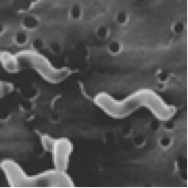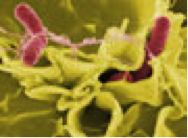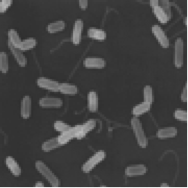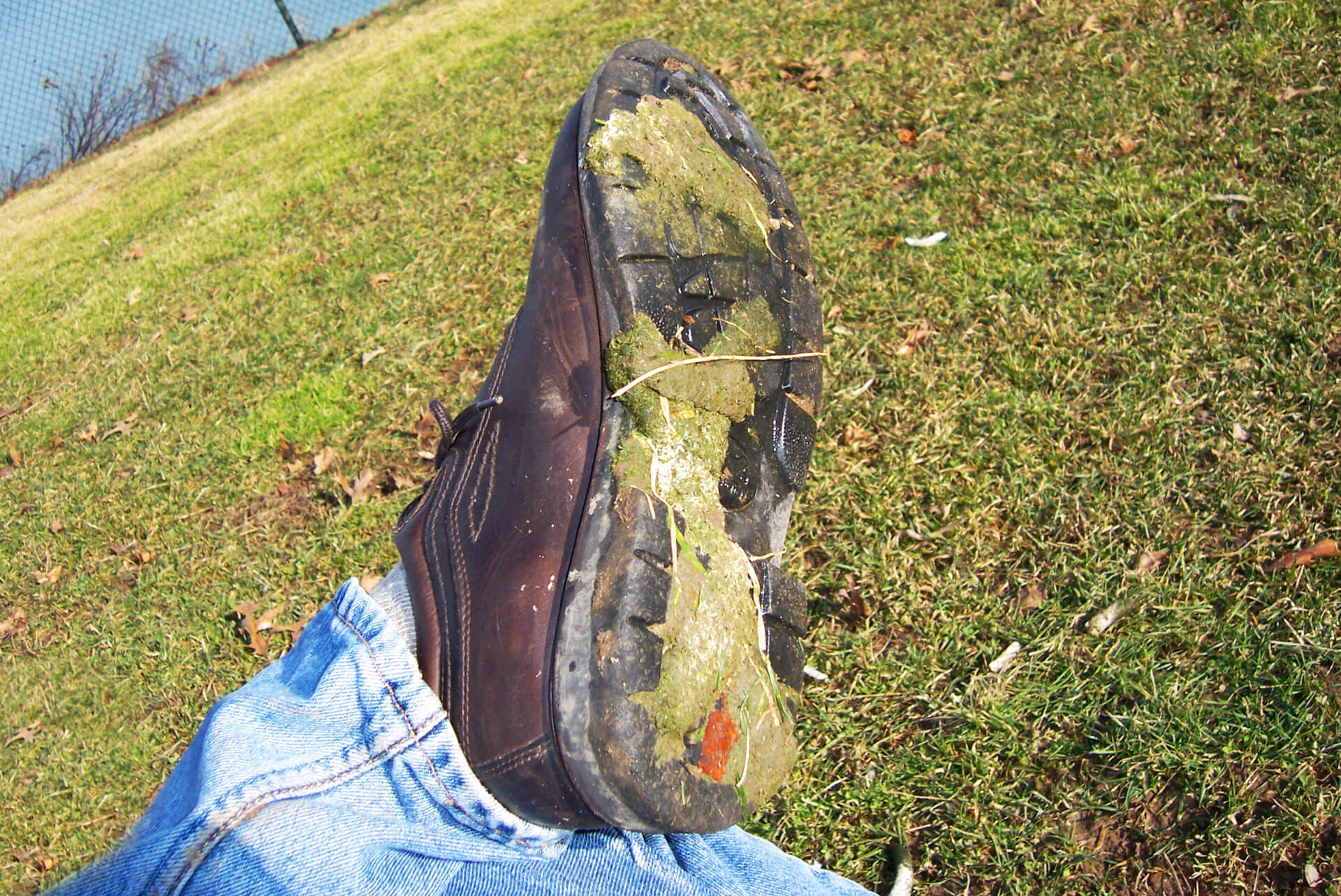
Diseases that Canada Geese Carry
The flu hit our family hard this season, and it sparked a conversation in our household about what diseases Canada geese carry and if it is a health risk to our clients. After all, they do leave large quantities of feces everywhere. A single goose can defecate every 20 minutes up to 1.5 pounds each day. And it only gets worse when about 67% of these geese are non-migratory (resident geese), and their year-long presence does not give the land or lake any rest to rejuvenate. So when I see beaches and soccer fields littered with accumulated goose droppings, I wonder if we should allow our kids to play in the area and what information we should give our clients. So we did a little research to find out the truth.
Research has shown that the excrement of geese contains a wide variety of pathogens capable of infecting humans and that can also be transferred to the water and air quality. However, the transmission of disease or parasites from geese to humans has not been well documented. The parasites do exist, so the potential exists, and the higher number of geese the higher the potential. But since there are gaps in the research, we do caution that the presence of a disease does not necessarily translate into a threat to public health.
Parasites, bacteria, viruses and fungus that are present in Canada geese
Parasites
Parasites can cause diarrhea and infection, especially in individuals with compromised immune systems. Three parasites that are a concern to humans are cryptosporidium, giardia and toxoplasmosis. Infection may occur through eating a goose that is undercooked or drinking contaminated water. Caution should be observed when swimming in any lake, pond or beach area that has a presence of geese.
Bacteria
The bacteria transferred from Canada geese that cause humans concern are chlamydiosis, e-coli, listeria, pasteurella multocida and salmonella. Infected birds can shed the bacteria through feces, nasal discharge and when someone is bitten. Humans normally manifest infection by pneumonia or through a wound. The presence of e-coli correlates to the temperature, so there is a higher probability of e-coli presence during the month of June rather than February. Unless you are working around Canada geese or involved in feces clean up, the risk of infection can be low.
Viruses
Canada geese are members of a group of birds that have been known to contract avian influenza. In 2004, researchers confirmed that Canada geese could contract H5N1, and it is an on-going concern that geese can introduce the disease. There is on-going research to help validate these concerns.
Fungus
Lastly, histoplasmosis fungus grows in soil enriched with bird droppings, including those from geese. When these contaminated soils are stirred up, the fungal spores can become dispersed and inhaled, thereby infecting individuals. Goose droppings have not been identified as a source for histoplasmosis, however, in light of the conflicting information, we suggest people practice caution when raking, mowing or stirring up soil enriched with goose droppings. It does not appear that goose droppings on sidewalks and other non-soil surfaces pose a risk.
How to proactively protect yourself from diseases that Canada geese carry
As a general rule, keeping a distance from geese and areas frequented by geese will always be the first line of defense in combating any diseases that geese can carry. Individuals with compromised immune systems should be extra cautious.
We suggest the following safety guidelines:
- Wear protective gloves while working with feces or geese
- Wash hands after working outdoors around geese
- Launder work clothes
- Shower after a day of working outdoors around geese
- We wash our dogs paws daily at the end of every working day
- We suggest washing bottoms of shoes at the end of every working day
Recommended Canada Geese Control Tactics
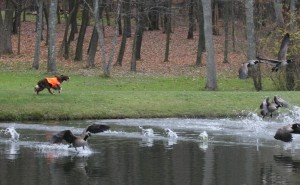 The best way to combat coming in contact with diseases carried by Canada geese is to proactively keep the geese away from areas that are used by people. The first action is always to stop the public from feeding the geese. Secondly, the most effective, safe and humane tactic is by far the use of border collies. Find out more tactics here, or call Ohio Geese Control (877-91GEESE) for a free on-site demonstration and consultation on what you can be doing to lower your Canada geese population.
The best way to combat coming in contact with diseases carried by Canada geese is to proactively keep the geese away from areas that are used by people. The first action is always to stop the public from feeding the geese. Secondly, the most effective, safe and humane tactic is by far the use of border collies. Find out more tactics here, or call Ohio Geese Control (877-91GEESE) for a free on-site demonstration and consultation on what you can be doing to lower your Canada geese population.
On-going Research Needed
Research has been proven that geese and their feces do carry diseases that are capable of infecting humans. But we must emphasize that the research is ongoing, and there are very few documented cases of the transmission of the diseases to humans. Nevertheless, the potential does exist, so we would urge you to practice safety measures when coming into contact with a high number of geese on your property. And check back with our blog as we provide updates.
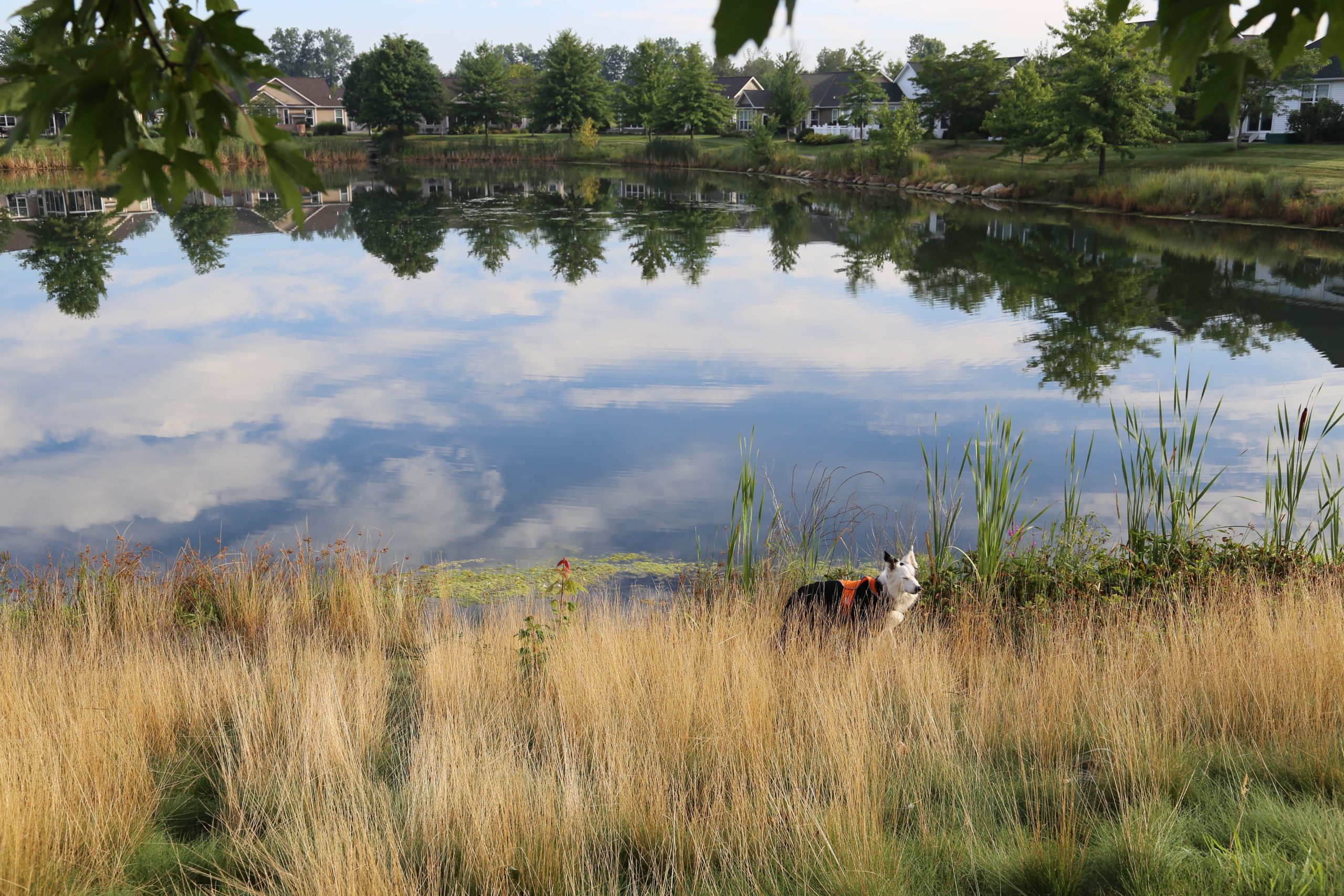
Effects of Goose Poop on Your Pond
Did you ever wonder how all of the geese that are congregating in your backyard are affecting the ecology of your pond? Considering each goose can produce 1 to […]
Read More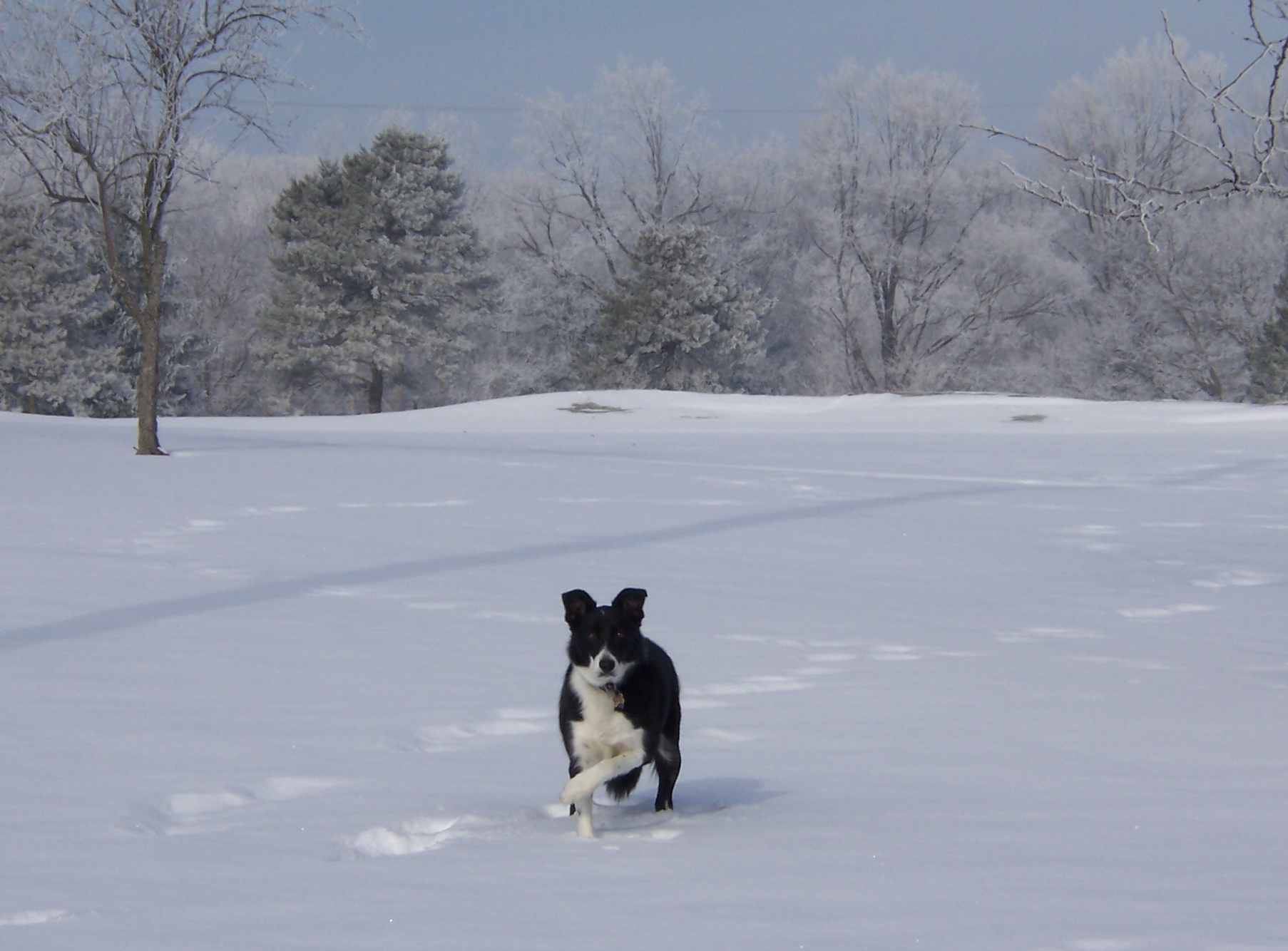
Winterizing your Property to Control Geese
We imagine Canada geese flying above us heading to southern states for the winter months, and we are not entirely wrong. However, many geese don’t go as far as […]
Read More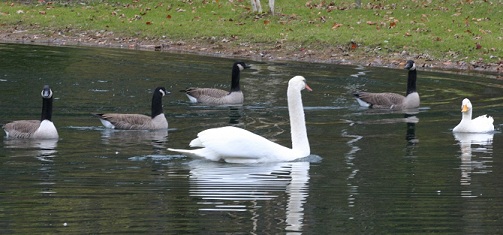
Do Swans Help Get Rid of Geese?
If a picture were to tell a thousand words, then the answer is obviously no. Many properties place one or two swans in their lake in hopes that it […]
Read More